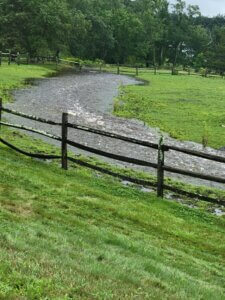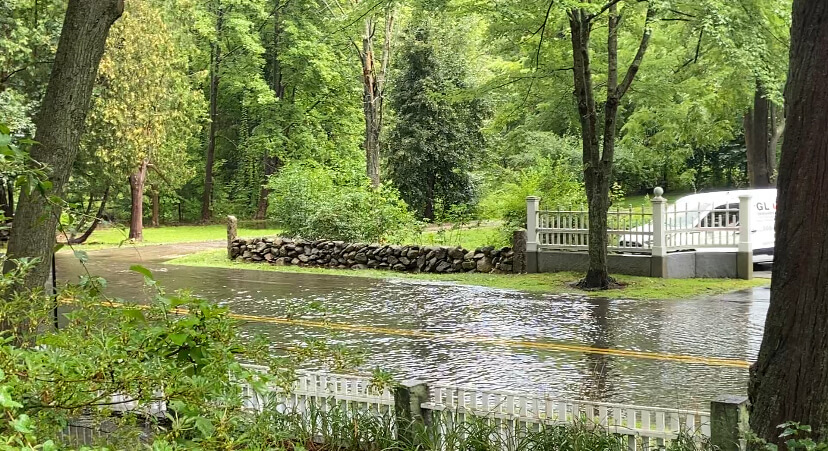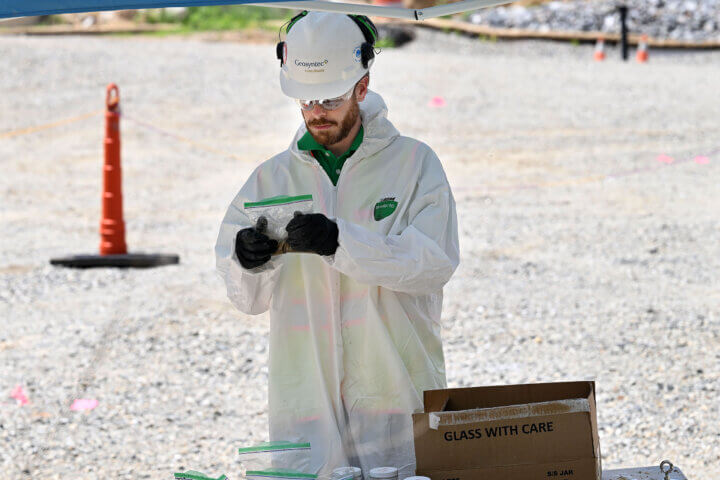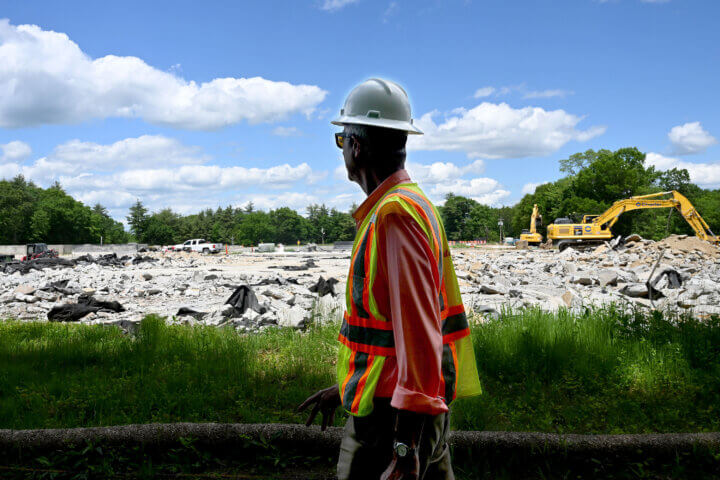With increasing numbers of catastrophic weather events across the world, many attributable to climate change, homeowners may be asking themselves if they are prepared for a local disaster. Is the property ready? Will insurance cover any damage?
Over the past year, the most expensive event for Concord homeowner insurance claims was a snap freeze when pipes froze and caused water damage, said Greg Howes, co-founder and CEO of Howes Insurance Group.
The standard homeowner insurance policy does not cover floods, which are narrowly defined, Howes said, but some types of water damage are covered.
If the damage is caused by sudden and accidental water coming from above, such as rain or burst pipes, you are probably covered — he said, “as long as you do the prudent things, like have heat in your house.”

If the damage comes from water on or below the surface, you might be on your own — but you have coverage options.
Homes with mortgages in flood zones determined by the Federal Emergency Management Agency are eligible to purchase flood insurance through the National Flood Insurance Program or other providers. Homeowners can buy through their local insurance agency, Howe said. If there is a mortgage, this coverage will likely be required.
Homeowners who are not in a flood zone have a few choices, he said. Some may never have a problem, but things can change: A client on Walden Street has a sump pump that has been running 24/7 this summer, Howe said. That was not the case in previous years.
A homeowner should use common sense, he said. If the basement is wet, don’t furnish it. Install French drains and sump pumps and keep your valuables up high.
Homeowners not in a FEMA flood zone can purchase an insurance endorsement, which is essentially backup coverage. This generally costs between $100 and $125 per year, Howe said. Sometimes called a water backup or sump overflow endorsement, it will cover cleaning and drying costs from ground and surface water damage. Each insurance company has different requirements for this endorsement.
Some homeowners may choose to self-insure, taking responsibility for any damage that might happen.
“Talk to your agent. Make sure you understand the language of your policy,” Howe said. “If you’re worried about it, if it can get backed up, think about adding to your policy.”
“Everyone’s tolerance is different,” he said.
The First Street Foundation, working with academic labs, has developed new modeling to show climate risk data. In use by government agencies, others can access the data for individual properties through RiskFactor.com.
Climate change concerns, questions or comments? Email climate@theconcordbridge.org






